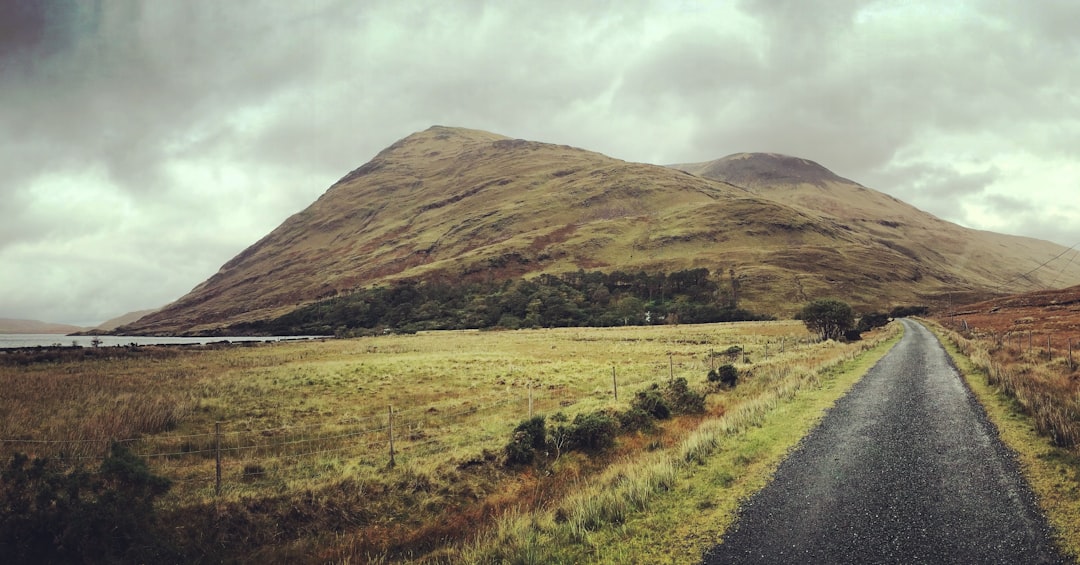'He took out his pocket watch and plunged into the River Irwell'
How the death of brave police officer Henry Bailey in 1835 as he tried to rescue a drowning boy sparked an outpouring of grief from the people of Manchester
Henry Bailey was one of the finest police officers that Manchester ever had.
A father-of-six, he worked as a confectioner before he found his calling in the ranks of the town’s early constabulary.
His career saw him become deputy constable of Cheetham — at a time when life was tough for the area’s handloom weavers and when Manchester was recovering from a devastating cholera epidemic.
It was said that Bailey feared nothing and no-one.
One day, he came across two men fighting in a brick croft surrounded by a crowd of around 70 of “the worst characters in town”.
Less brazen officers might have stood aside, but Bailey picked up a thick stick and marched into the ring, where he seized hold of one of the men, named John Dean.
The crowd tried to rescue Dean and pelted the officer with bricks — leaving him with a badly gashed head — but he later caught his man after a chase through the streets.
After another arrest, Bailey was left with a black eye and the thug who attacked him, John Connah, was ordered by a judge to buy the officer a new hat.
On Wednesday, 11 March 1835, Bailey had just finished his shift at 5pm and was standing at his window in New Bridge Street when he heard people screaming that a boy had fallen into the River Irwell.
The lad, the five-year-old son of a joiner named Mr Trees, had been playing with friends in Waterworth’s Field, a meadow next to the river near Hunt’s Bank.
That day, the Irwell was just starting to subside after the worst flood in recent memory, caused by heavy rain and snow storms that had battered Manchester for seven days.
Richard Wright Proctor, writing in 1880, described what happened next: “Mr Bailey took out his pocket watch, gave it to a boy, and plunged in the river.”
Henry Bailey grabbed hold of the stricken youngster and put him under his arm. He then reached out and grabbed the finger of a milkman named William Grimshaw who was kneeling on the bank.
But then, suddenly, Bailey lost his grip and both he and the boy were swept away to their peril, as bystanders ran down the bank trying to find a way of saving them.
It turned out later that the officer had leaped in despite not being able to swim.
“No human assistance could be rendered in time to be serviceable,” Proctor wrote. “After being dashed against a projecting piece of rock near the end of the river wall, he sank.”
It would be sixth months before Bailey’s body was found. In September, two girls were picking mushrooms miles downstream at Hicking’s Isle, near Barton-upon-Irwell, when they found him.
He was identified by his newly-soled shoes, flannel waistcoat and belt.
At a service in his memory at St Michael’s Church in Angel Meadow, the Reverend E D Jackson said his death had “disturbed whole neighbourhoods”.
The Manchester Guardian praised him as “a man of extraordinary courage and resolution.”
Proctor later wrote: “The loss of this courageous officer and respected townsman was deeply regretted — and the public sympathy for his widow and family of six children took the substantial and usual form of a general subscription, which realised the sum of £1,641.”
It was a huge sum at a time when Mancunians were living under great hardship. At today’s prices, it would be nearly £170,000.
A few years ago, I was lucky to speak to Bailey’s three times great-granddaughter Catherine Wain, who was hoping that his remains would be recovered when building work on Victoria Station unearthed a number of bodies in an old cemetery beneath one of the platforms where he was buried in 1835.
Sadly, his resting place was not found when other remains were unearthed and removed to Southern Cemetery.
But the hero policeman Henry Bailey is still remembered today on the Greater Manchester Police roll of honour — one of the first officers to die in the line of duty.









Love learning about the real people of Manchester and their stories. Not heard of this particular one before, thanks Dean.
What a heart wrenching story of courage and selflessness.